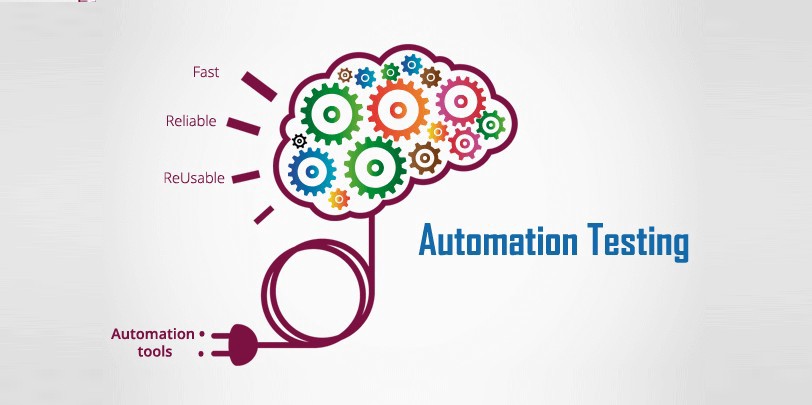
One of the most important stages in the process of software or application development is the product-testing stage. It’s the stage where the product is tested to ascertain its performance, determine how effective it is and if there are any glitches to be fixed before it is released into the market.
There are 2 main methods for product testing: manual testing and automation testing. Essentially, they do the same thing, but automation testing makes use of software tools that hastens the product-testing process and makes it more effective.
In this article, we will be shining a light on automation testing and some recent trends that might interest you
1. Machine Learning and Artificial Intelligence Testing
Recently, there has been an upshoot of various tech sectors adopting the use of machine learning and Artificial Intelligence. The automation testing sector is not left out.
Many companies have begun to perform their test operations using Machine learning and Artificial Intelligence. It’s hard to see why they wouldn’t, considering the cost-effectiveness and time-maximization effects.
Several reports have also shown that the increase in the use of AI and ML is likely to skyrocket by about 70% this year
2. Codeless Automation
It’s any company’s ultimate dream to get as much output or quality as it can while spending less. So, adopting codeless automation is a no-brainer for many companies.
Codeless automation testing tools have been built with Artificial Intelligence and allow one to build and make use of test cases in little time compared to the “codesome” automation. It also has a better, shorter learning curve compared to its counterpart.
3. DevTestOps
Although this has been around for a while now, it has still managed to consistently remain a trend. DevTestOps helps companies apply changes to their systems quickly and efficiently.
Of course, it isn’t enough to just apply changes to a system; these changes have to be of high quality. Hence, DevTestOps also ensures that the changes that would be applied to the system are high in quality and require less time to effect.
4. Hyper-Automation
Any automation procedure that makes use of either Machine learning, Natural language processing, Artificial Intelligence, and Robotic Process Automation (RPA), is referred to as hyper-automation.
This method of automation testing has been on the rise in recent years as several companies are already implementing it into their activities. One of the most important advantages of hyper-automation is that it saves time and money for the business.
5. Smart Test Execution
A list of automation trends this year wouldn’t be complete without the mention of smart test execution. It’s an extremely efficient automation method that helps developers streamline the entire testing process.
It does this by identifying the specific test that needs to be run for that particular check-in. So, the testers would only need to run a few specific tests.
This method saves time and resources. It also makes it easier for the testers to pinpoint the correlation between the tests and the check-ins in case of any failure in the test.
6. Multi-experience testing
To meet the varying demands of your users, you need to constantly update and improve your value propositions. This has led many companies to adopt platforms that offer multiple sensory experiences to the users.
Some of these experiences include augmented reality, chat, voice, video, et cetera. To improve the quality and automate testing processes, testers in 2022 are more likely to make use of multi-experience testing.
It’s great to follow trends, but you should also take note of which strategies or trends would elevate your brand and are well within your budget to implement. We are just a click away from helping you get started on an efficient software testing plan.
